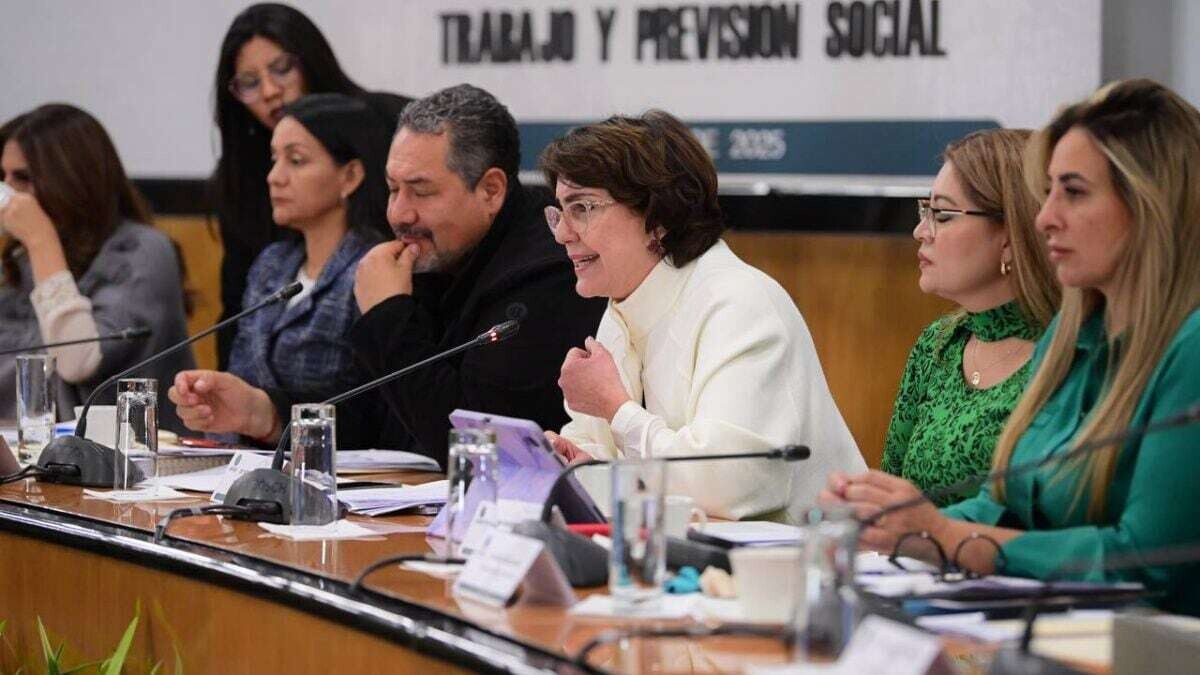
The Joint Committees on Labor and Social Security and Housing of the Chamber of Deputies approved on January 24 the opinion containing the draft decree by which various provisions of the Infonavit Law and the Federal Labor Law are reformed, added to, and repealed, with the aim of granting the housing institute more powers to build social housing and lease it. The opinion, approved with 46 votes in favor, 10 against, and zero abstentions, seeks to strengthen Infonavit and give the general director, Octavio Romero, the ability to make internal decisions.
The deputy from the Labor Party (PT), Reginaldo Sandoval, mentioned: 'This initiative is to establish order; the central objective is to regulate, manage, and develop housing, recovering the central purpose of Infonavit, which is to provide credit, make leasing, and build, the purpose for which it was created.'
The reform to the Infonavit Law will allow the institute to create a subsidiary company for the construction of social housing, the purchase of materials, and the management of the rental of these houses. Among the proposed adjustments, the maintenance of equal tripartite representation in the Monitoring Commission and the Transparency and Audit Committees, the voice and vote of the general director in the General Assembly, the elimination of any possibility of remuneration to members of collegial bodies, among others, stand out.
According to the deputy from the PT, Lilia Aguilar, these modifications are making Infonavit's operation viable, freeing it from previous negative influences. However, the opposition formed by the National Action Party (PAN) and the Institutional Revolutionary Party (PRI) expressed their rejection of the reform, arguing a lack of clarity in the financial report and possible risks for the institute and the savings of citizens.
Deputy Lorena García from the PAN highlighted the risks associated with creating a housing construction subsidiary with resources under Infonavit's administration, while Deputy Laura Ruiz from the PRI questioned that the proposal presented by the executive turns Infonavit into a discretionary tool of the government. The changes include audits by the ASF on Infonavit and controls by the CNBV and Treasury to make credit operations and investments transparent, which generates distrust in the opposition.













